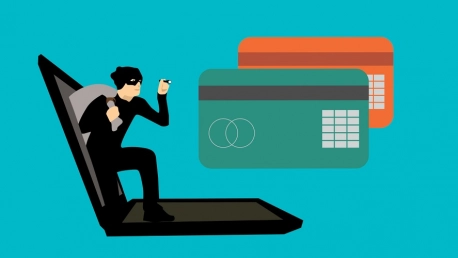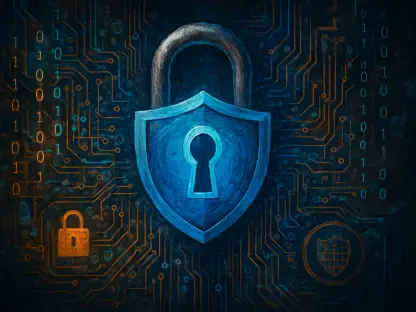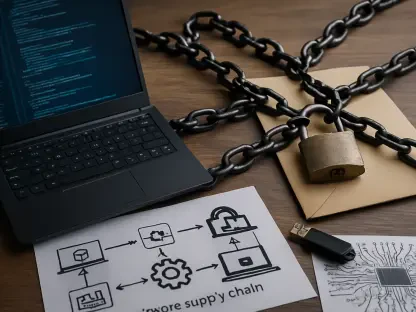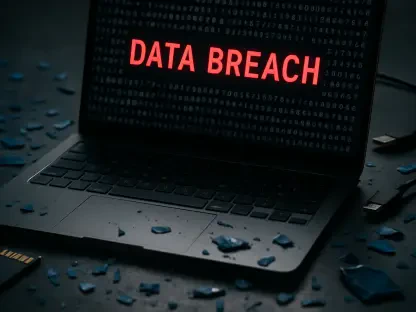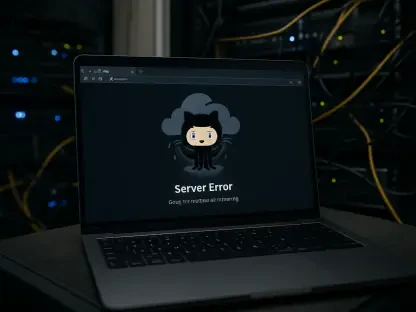In today’s interconnected world, where technology has become an integral part of our daily lives, the risk of online fraud and cybercrime is a growing concern. With the convenience and accessibility offered by the internet, we find ourselves sharing personal information, making financial transactions, and conducting various other activities online. However, this digital landscape also presents opportunities for malicious actors to exploit unsuspecting users for their own gain.
This guide aims to provide you with practical advice to help you mitigate the risks of falling victim to online fraud. From securing your devices to being vigilant against phishing attempts, we will explore various measures you can take to enhance your online security.
Ten Recommendations for Protecting Yourself from Online Fraud
Protecting yourself and your company from online fraud has never been more important. The consequences of falling victim to scams, identity theft, or financial fraud can be severe, leading to financial loss, reputation damage, and emotional distress. Fortunately, by adopting a proactive approach and taking certain precautions, you can significantly reduce the risk of becoming a target, while safeguarding your online presence.
- Be Wary of Phishing Attempts
Avoid accessing links, received by email or other communication applications (SMS, WhatsApp, Telegram, etc.), especially from unknown sources, and do not fill in your personal or bank details on the websites that such links lead to. If you are suspicious about the legitimacy of any offer you have received, avoid accessing such materials. Most of the time, if they sound too good to be true, they are probably fake offers.
- Exercise Caution on Social Media
If you’ve been tagged in a social media post that promises big wins, do not click the link. It is definitely a scam. Remember, if it sounds too good to be true, it probably is.
- Beware of Messages from Banks
Pay close attention to messages that seem to come from banks! Banks never ask for confidential data such as card details, passwords, and PIN codes, whether by phone, SMS, email, or through website forms. Read any messages or files from your bank or other individuals/institutions carefully, and if you have any suspicions, contact your bank for verification using a different channel than the one through which you received the message. Fake messages often contain impersonal address formulas or grammatical errors. As a rule, do not make transfers or process transactions solely based on an e-mail or urgent telephone request without checking the authenticity of the message.
- Do Not Provide Account Details
Never share your personal or your company’s account information, including bank account passwords, with anyone.
- Do Not Reveal Card Data
Do not disclose the data on your card: name, number, expiry date, CVV2/CVC (the three-digit number on the back of the card), and PIN. Avoid entering your PIN on websites or disclosing it over the phone. Any website where you enter your card details to make an online payment must be secure, i.e., the link starts with “https”.
- Provide Only Your IBAN, Not Your Card Details
If you need to receive money, provide your IBAN (account number, consisting of letters and numbers), not your card details. Requesting card details from other people is a trap because the card is a payment instrument, not a money collection instrument.
- Update Your OS and Antivirus
Install the latest operating system updates and use reliable antivirus software. Make sure all the devices you use to surf the internet are running up-to-date operating systems and are protected by effective antivirus solutions.
- Use Strong Passwords and 2FA
Always use passwords with a high level of complexity. To make it easier for you to generate a complex password and avoid using common terms, consider using a password generator. Also, develop a routine of periodically changing passwords for each of the accounts you use. Use two-factor authentication (2FA) whenever possible. This adds an extra layer of security by requiring you to provide a second verification factor, such as a code sent to your mobile device, in addition to your password.
- Backup Your Data
Make sure you always have backups of your data, including files, documents, photos, etc. Use both online (cloud or backup services) and physical (USB sticks, external hard drives, etc.) solutions to protect your data from attackers.
- Secure Your Wi-Fi Network
Exercise caution when using public Wi-Fi networks. Avoid accessing sensitive information, such as online banking or shopping, while connected to public Wi-Fi networks. If you must use them, consider using a virtual private network (VPN) to encrypt your internet traffic.
Conclusion
It’s important to be aware that online fraudsters continually adapt their tactics to exploit vulnerabilities and human psychology. Therefore, it’s crucial to stay informed about the latest scams and fraud techniques. This guide provides essential information on how to protect yourself and your organization, but it is not exhaustive. Thus, it is crucial to continue educating yourself and your employees or colleagues about emerging threats, as well as the best online security practices. By following these steps and maintaining a vigilant mindset, you can significantly reduce the risk of falling victim to online fraud. Remember, staying informed and practicing good cybersecurity habits are key to protecting yourself and your business.
